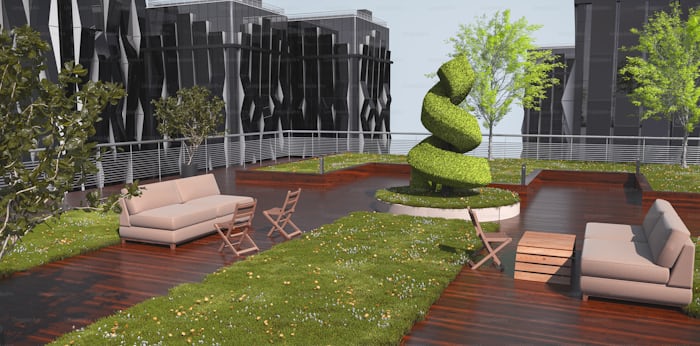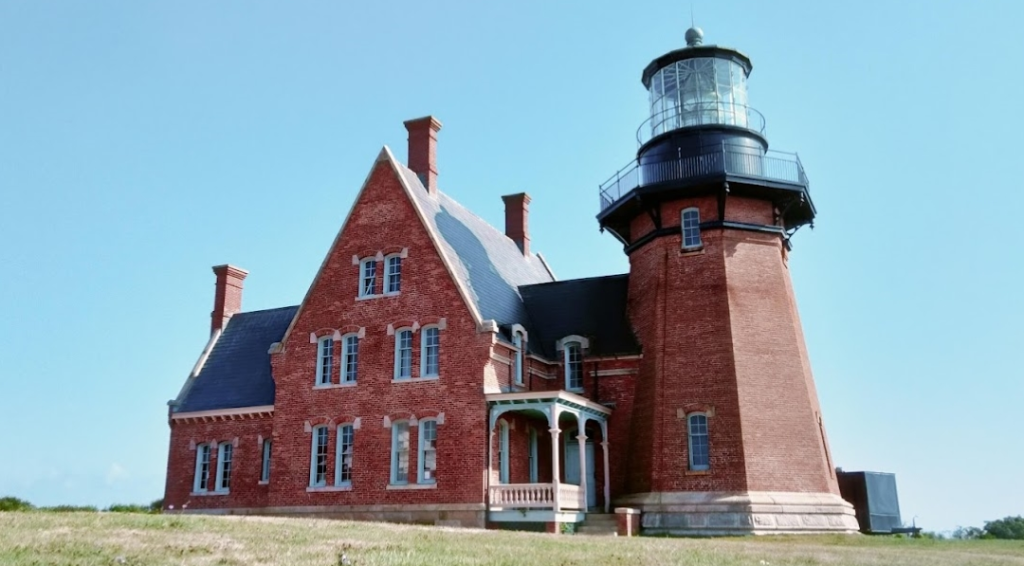Pergolas have become a popular feature in modern outdoor spaces, offering both aesthetic appeal and practical benefits. Whether you’re looking to create a cozy outdoor living area or simply want to add a touch of elegance to your garden, pergolas are an excellent choice. This article delves into the world of pergolas, exploring their design, materials, installation, and various benefits.
What is a Pergola?
A pergola is a garden structure typically made of vertical posts supporting crossbeams and an open lattice roof. Unlike gazebos or pavilions, pergolas are not fully enclosed. They offer partial shade while maintaining an open, airy feel, making them ideal for outdoor relaxation or entertainment. Pergolas are versatile and can be freestanding or attached to a house, extending the living space into the yard or garden.
The Growing Popularity of Pergolas
Over the past few years, pergolas have gained significant traction among homeowners, designers, and landscapers. This growing popularity can be attributed to their ability to transform outdoor areas into functional and visually appealing spaces. With more people looking to create outdoor living rooms, dining areas, or shaded retreats, pergolas provide the perfect framework for such purposes.
Moreover, the rise of outdoor kitchens, living spaces, and sustainable gardens has fueled the demand for pergolas. They act as a design focal point while offering the flexibility to integrate features like lighting, fans, curtains, or climbing plants.
Benefits of Installing a Pergola
- Shade and Protection
While pergolas do not provide complete shade, they offer a respite from the sun. The open slats on the roof allow sunlight to filter through, offering partial shade. You can customize the level of shade by adding retractable canopies, drapes, or climbing plants like wisteria, ivy, or grapevines. This makes pergolas an excellent option for creating a shaded seating or dining area in your yard. - Enhanced Aesthetic Appeal
Pergolas add an architectural element to your outdoor space, enhancing its overall design. Whether you prefer a sleek, modern look or a rustic, traditional style, pergolas can be customized to match your aesthetic preferences. From minimalist aluminum pergolas to classic wooden structures, the design possibilities are endless. - Increased Property Value
A well-designed pergola can boost your home’s curb appeal and potentially increase its value. Outdoor living spaces are highly desirable, and a pergola can make your garden or backyard more inviting. Whether you’re planning to sell your home in the future or simply want to enjoy a more stylish outdoor area, a pergola is a worthwhile investment. - Outdoor Living Expansion
One of the primary reasons homeowners install pergolas is to extend their living spaces outdoors. A pergola can serve as a natural extension of your home, creating an inviting area for dining, entertaining, or relaxing. You can personalize the space with furniture, outdoor rugs, and décor to make it feel like an outdoor room. - Support for Climbing Plants
Pergolas are perfect for gardeners who want to grow climbing plants or vines. The structure provides excellent support for plants that need vertical growth. As the plants grow and intertwine with the pergola, they create a natural canopy, offering more shade and adding a lush, green atmosphere to the space.
Materials Used in Pergola Construction
When considering a pergola for your outdoor space, one of the key decisions to make is choosing the right material. Pergolas can be constructed from a variety of materials, each offering unique benefits in terms of aesthetics, durability, and maintenance.
- Wood
Wood is the most traditional and popular material for pergolas. It offers a classic, natural look that blends seamlessly into gardens and yards. Common wood types used include cedar, redwood, and pine. Cedar is particularly favored for its resistance to insects and decay. However, wooden pergolas require regular maintenance, such as staining or sealing, to prevent weather damage and maintain their appearance. - Metal
Metal pergolas, especially those made from aluminum or steel, are gaining popularity for their sleek, modern look. Aluminum is lightweight, durable, and resistant to rust, making it a low-maintenance option. Steel pergolas are stronger and can support larger spans, but they may require coatings to prevent rust. - Vinyl
Vinyl pergolas are a maintenance-free alternative to wood or metal. They offer a clean, white finish that can complement a variety of architectural styles. Vinyl is resistant to rot, mold, and insects, making it a durable choice for long-lasting pergolas. However, vinyl pergolas may not offer the same strength or weight-bearing capacity as metal or wood structures. - Fiberglass
Fiberglass is a high-end material that combines the best features of wood, metal, and vinyl. It’s lightweight, strong, and highly resistant to weather and insects. Fiberglass pergolas are also low-maintenance and can be painted to match your home’s exterior. Although more expensive, they are a premium option for those looking for a long-lasting and stylish pergola.
Pergola Design Ideas

When it comes to designing a pergola, there are numerous styles and customization options to consider. Here are a few popular pergola design ideas:
- Traditional Pergola
A traditional pergola features simple, straight lines with an open lattice roof. It is often made from wood and serves as a garden focal point or a shaded retreat. - Modern Pergola
Modern pergolas typically have a minimalist design, featuring clean lines and materials like aluminum or steel. They often incorporate elements such as built-in lighting or retractable canopies. - Pergola with Curtains
Adding curtains or drapes to your pergola can create a more intimate and cozy space. Curtains can also provide additional shade and protection from the elements, making your pergola usable year-round. - Pergola with Climbing Plants
Integrating climbing plants like ivy, roses, or grapevines into your pergola design creates a natural canopy. Over time, these plants grow to form a lush, green covering that offers additional shade and a sense of tranquility.
Conclusion
Pergolas are a versatile addition to any outdoor space, offering both beauty and functionality. Whether you want to create a shaded garden retreat, an outdoor dining area, or a stylish backyard feature, a pergola can enhance the overall ambiance of your outdoor living environment. With a wide range of materials and designs available, pergolas can be customized to fit any style or budget. Consider investing in a pergola to enjoy the benefits of outdoor living, while increasing the value and appeal of your home.





